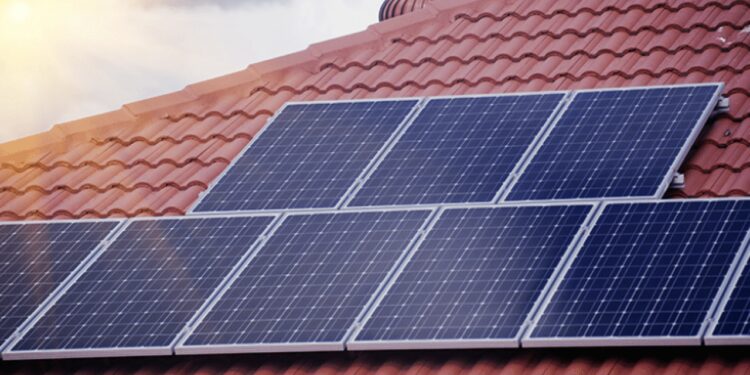Solar panel systems are expensive, typically costing between $15,000 and $30,000. How much you pay for such a system will depend on the size and quality of the system you install, as well as the company installing it (larger reputable companies tend to charge more than newer installation companies).
The decision to install a solar panel system is therefore not one that many people take lightly. Furthermore, most will want to know when they are likely to see a return on their investment. After all, solar panel systems are designed to harness the sun’s light, which can then be converted into energy for use within the home and thus reducing the homeowner’s dependence on the grid (and in the process saving them money). So, if having a solar panel system will help you save money on your electricity bills, surely there will come a time when the system will have paid for itself? But how long can you expect this to take?
Does it Make Financial Sense to Get Solar Panels?
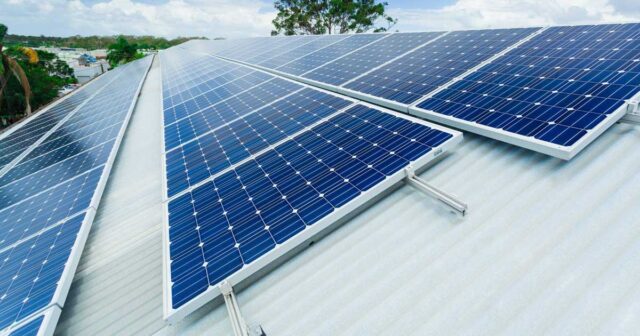
According to the people at Vivint Solar, how long it takes to make your money back on a solar panel system actually depends on a few factors. For example, if you get a solar battery system, you are likely to see it pay for itself more quickly than a system without battery storage. The reason for this is that a battery system can store the energy that is generated. So if your system does not have a battery storage solution is generating more electricity than you are using, that excess electricity would be sent back to the grid and would likely be offset against the cost of importing it back to your home.
If you had a battery storage system, the excess energy would not be sent back to the grid but would be stored for use at a time when your solar panel system was generating little or no energy, such as on very overcast days or at night.
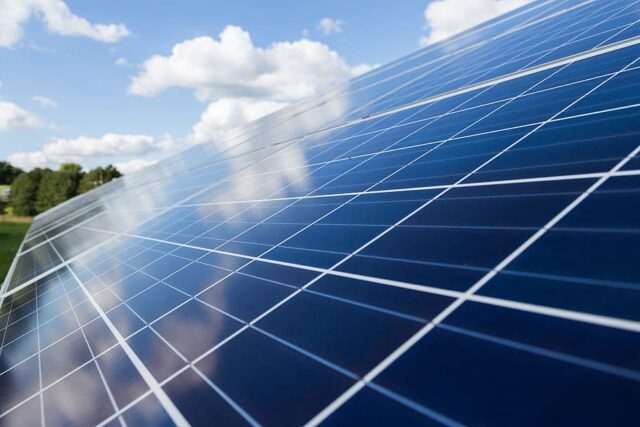
It is worth bearing in mind that the electricity that you send back to the grid is worth less than the energy that you generate and use in your home. The rate you get for the energy you send back is likely to be much lower than what you are paying for electricity that the grid sends to you, so it makes sense to store it if you can. This will help you make more savings on your energy bill and will see your solar panel system pay for itself more quickly.
How much money you save on your energy bill will determine how long it will take for you to recoup the money you spent on the installation of a solar panel system. If you are saving $100 per month on your electricity and your system cost $20,000, it would take over sixteen years before your system had paid for itself. If you choose an installer that allows you to pay for your solar panel system on a payment plan over a few years, you can offset the monthly savings against the monthly cost for the system, which may be more manageable. However, unless the payment plan is interest-free, it is probably not worth considering as the interest you pay could be more than the savings you make.
What to Consider
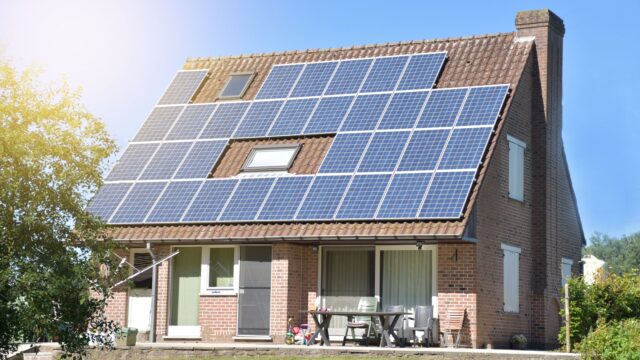
There is a lot to consider before getting a solar panel system, especially if you are hoping to recoup your money quickly. For example, the amount of energy a system generates depends on where you live and the direction your roof faces. Some people in the country will make more from their solar panels than others. Southern homes get more daylight, so their solar panel systems will generate slightly more than those in the North. Roofs facing a southerly direction get the most light, whereas those facing north tend to be shaded and may not be suitable for solar panels at all.
You should also bear in mind that you will make your money back more quickly if you are at home during the day and are using the electricity that your system is generating. Those who are only at home in the evenings and at weekends will be exporting more to the grid than they are using themselves, meaning their savings will be less and it will take longer to recoup the cost of installation. You will make the most savings from your solar panels if you use electricity while you are generating it. A battery system is useful for those who are not home during the day.
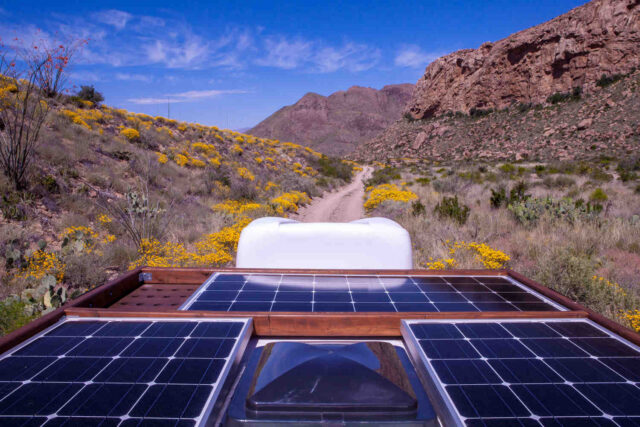
If you are planning on selling your home in the next few years, it may not be financially viable to have a solar panel system installed. This is because you will not have recouped the full cost of installation and you may not be able to get the full value back when you sell. Although some people would see solar panels on a home as a benefit, others do not like the look of them and may be put off.
A big investment in solar panels is unlikely to be immediately reflected in the value of a home. Furthermore, if you do pay for solar panels on a payment plan, you would need to settle this from any profits that you make when selling.
Conclusion
If you are getting solar panels for your home, you should be prepared for a hefty investment as these systems typically cost tens of thousands of dollars. Nevertheless, the fact that having a solar panel system means you will save money on your energy bill every month means that you will eventually recoup the cost of installation. How long this takes depends on a few factors such as how much power your system generates and whether you are at home during the day to make the most of the power being generated. The more power you use while it is being generated, the more savings you will make and the quicker it will be for you to recoup the money spent on installation.

